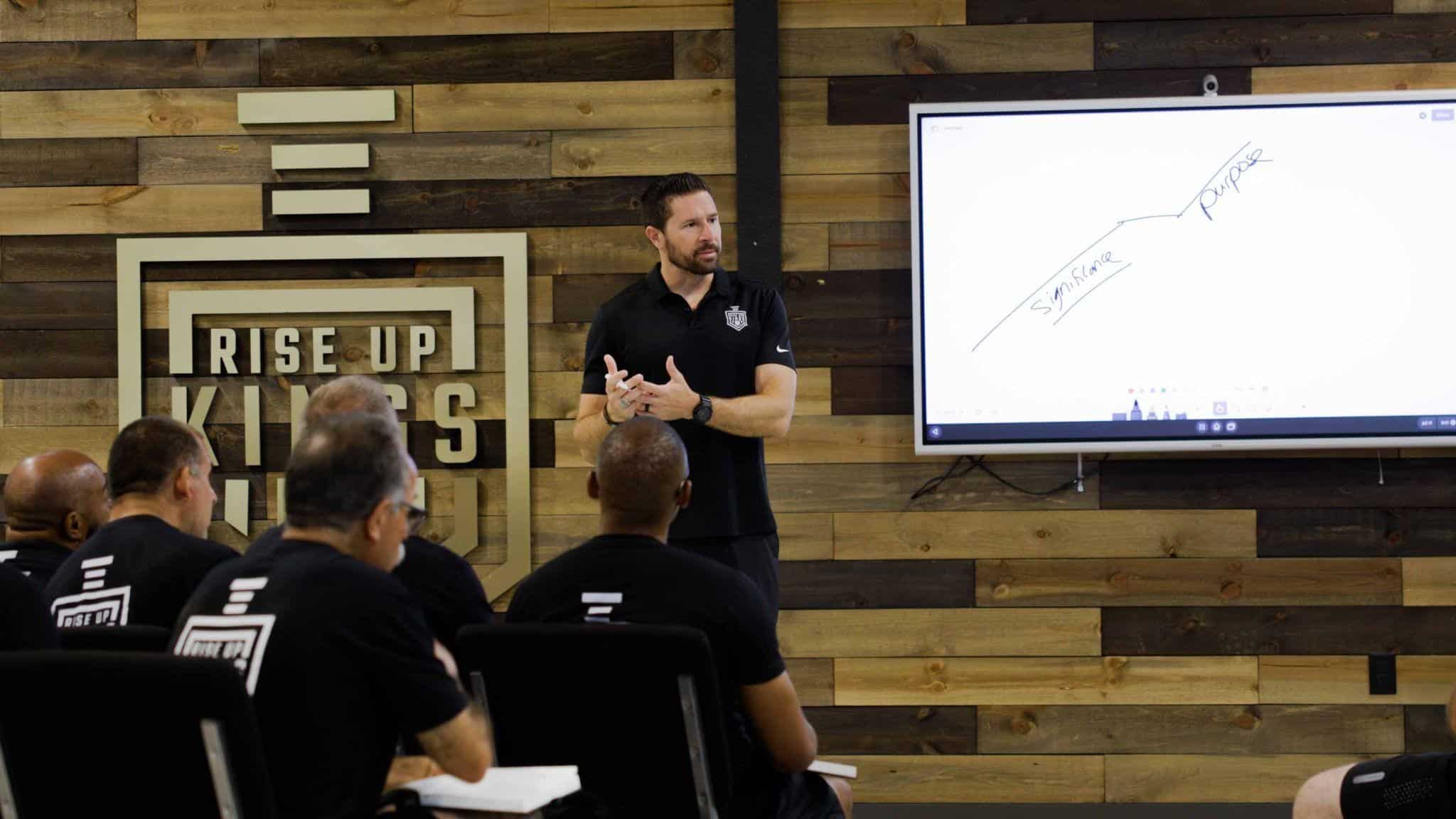What makes someone a great leader and peer? You see, you never really know what pivotal moments in your life are going to influence your leadership style. For me, it all goes back to my hometown of Omaha, Nebraska. Yes, I’m a proud Cornhusker. I come from blue-collar roots and a middle-class family who emigrated as refugees from present-day Croatia in 1952 to the United States. Oftentimes I reflect on my upbringing and how I’ve become the leader and peer I am today. While I credit my parents, my environment, and my academics, I also pay credit to my friends, colleagues, and other individuals who have influenced my life and have impacted the way I lead – as a peer. Over the years, I’ve learned countless lessons that have shaped my leadership.
Park at the Back of the Lot: aka Put Customer First My parents owned a grocery store in my hometown of Omaha. When I was twelve, my dad decided it was time for me to help them around the store, so I got to work bagging groceries and stocking shelves. After a while of driving in with my dad in the morning, I one day asked him why we always parked at the back of the parking lot. After all, we were the first ones to the store before opening hours and the parking lot was always empty. My dad responded, “We keep the front spots – the best spots – for our customers. Our customers are the reason we are here.” This really hit me as something so obvious: a business only exists thanks to its customers. And as I have gone through my career realized it is so easy to get disconnected and forget. Over the years, this lesson is one I try to keep front and center for my teams. We are running a customer-driven business; we’re able to do what we do because of our customers.
Color Outside Your Lines Attending Iowa State University, I majored in aerospace engineering. During my time there, I interned for a professor of computer science. Through this internship, I gained more than just experience – I also gained a new perspective and a mentor. This professor helped me broaden my career perspective. He showed me how the skills I had gained gave me opportunities outside of just the aerospace industry to open doors to software development in Silicon Valley – something that I never thought was possible. I am so grateful that he challenged me to think bigger.
This is why I am a major believer in supporting my team and colleagues to develop adjacent skills and explore opportunities that they are passionate about and willing to take on. Organizationally, I encourage both upskilling and cross-skilling. Understanding the roles of your teammates makes you not only a better partner but also introduces you to new potential areas for yourself – improving your current upward career trajectory and opening broader opportunities across the organization.
Invest in High-Potentials Working in a larger organization can present challenges – especially for earlier-in-career employees. When I joined IBM, I was quickly inspired by my manager’s leadership style– she walked and talked about the value of identifying high-potential talent within the organization and investing in them. I’ve learned countless lessons from her regarding prioritizing promotions from within, taking time to conduct informational interviews, and encouraging managers to make introductions for their team members around the company. Purposely helping your team build their networks within an organization is invaluable both to the organization’s success and the fundamental success of each individual on your team.
As a leader, I have long held “coffee chats” every couple of weeks with small cross-functional groups of high-performing team members, purposely connecting people who don’t normally engage as part of their day-to-day work. It expands each person’s network, connects dots across teams, and gives people space to share directly with me opportunities that they see and raise their hand to tackle them.
Trust Yourself and Be Accountable Another leadership lesson I learned along the way was during my time as a CMO at a small high-growth tech company. Unlike a larger company with multiple layers of people to sign off on your ideas, here I was expected to make informed yet fast decisions in an agile environment. I was empowered to trust my gut and take chances. Some of the best outcomes in your career come from taking a risk, albeit an informed risk. The lesson here is to trust yourself and your instincts – while holding yourself accountable regardless of the outcome. Learn fast, fail fast.
Field a Team of Experts The ironic thing about leadership and being a leader is that oftentimes when you’re fortified with the opportunity to lead, you can tend to doubt yourself. You may think you don’t have enough experience, you’re not expert enough – a case of imposter syndrome. I’ve experienced this myself at different stages throughout my career. A good leader surrounds themselves with experts and leans on their expertise.
My advice to peers who might be experiencing this, whether it’s a result of taking on a new task, challenging your day-to-day responsibilities, or up-leveling, is to first believe in yourself and then recognize that you’re not meant to know how to do everything. Like the different positions on a sports team, your team at work is the same – each person honed to their position. The reality is that as a leader, you are not alone. Your colleagues are your team members and together you make a winning team.




